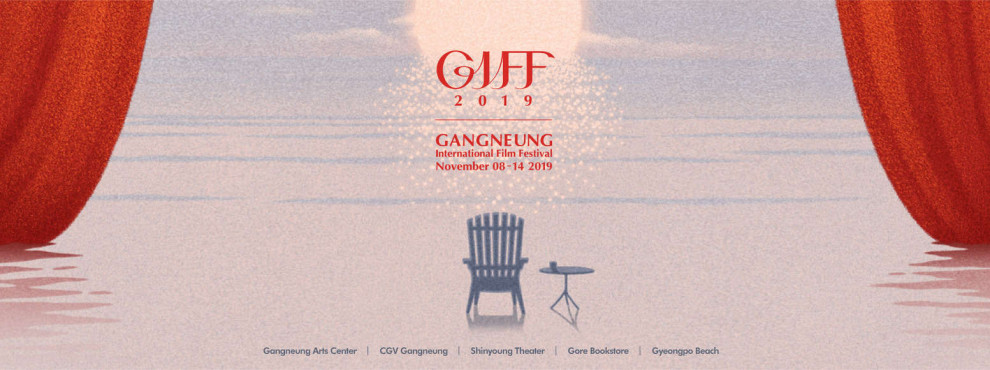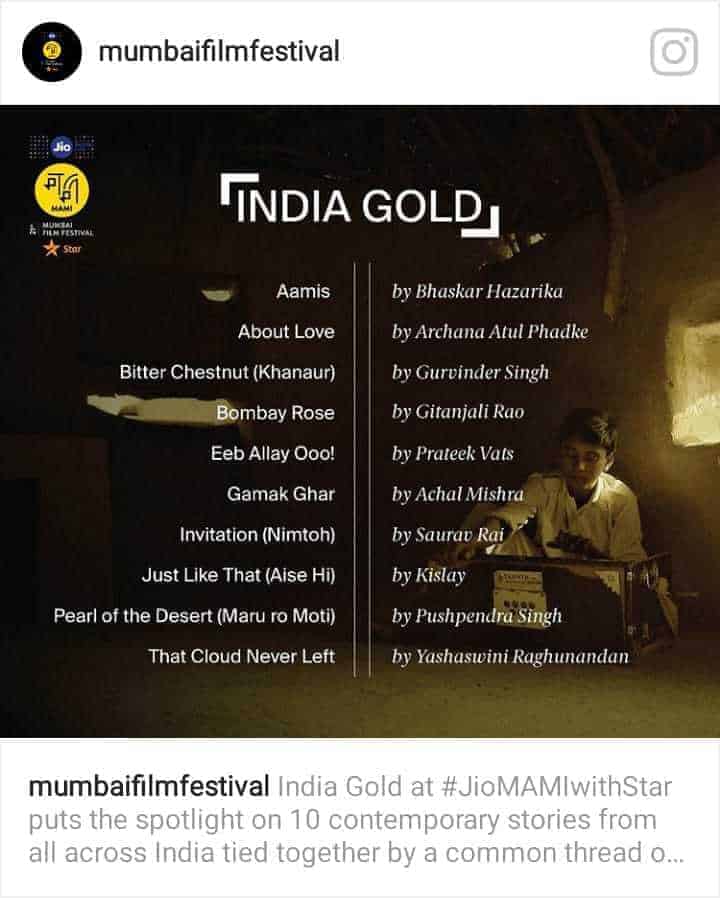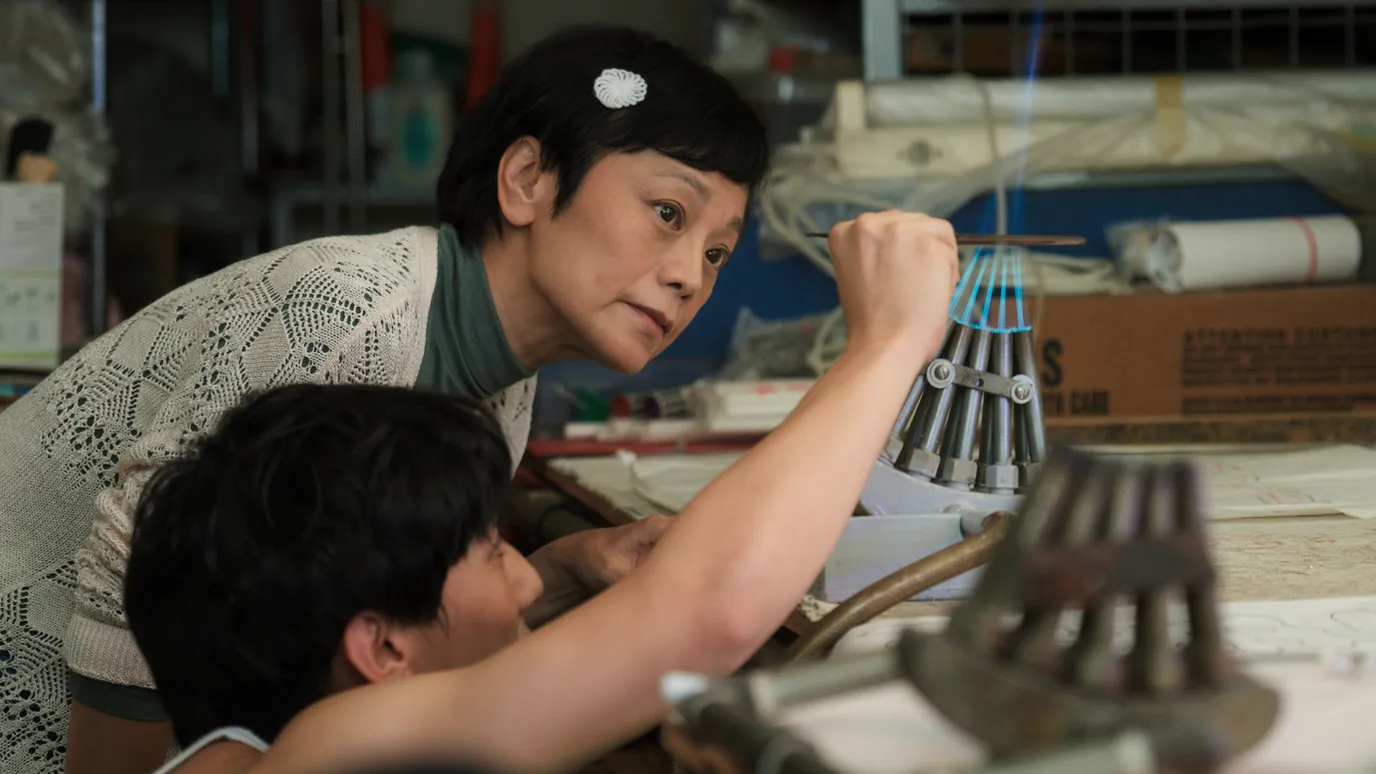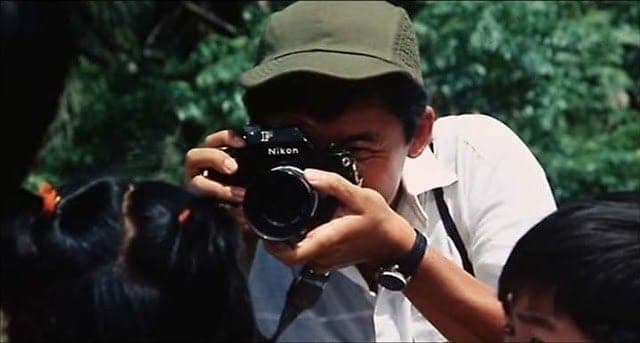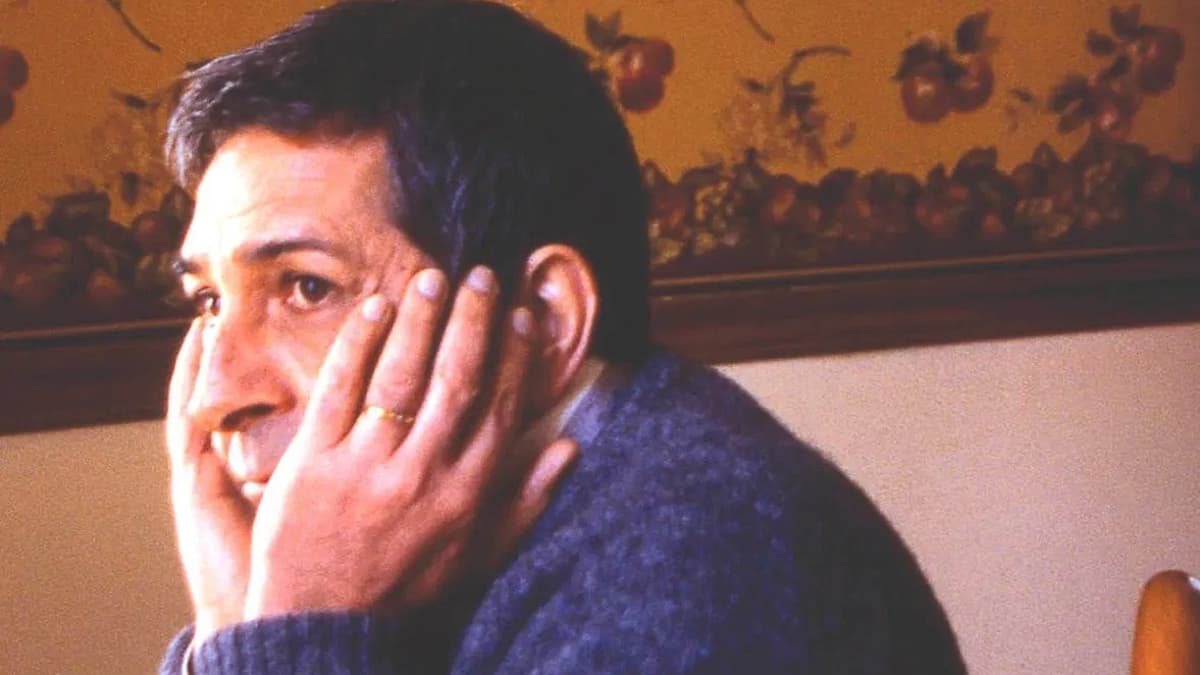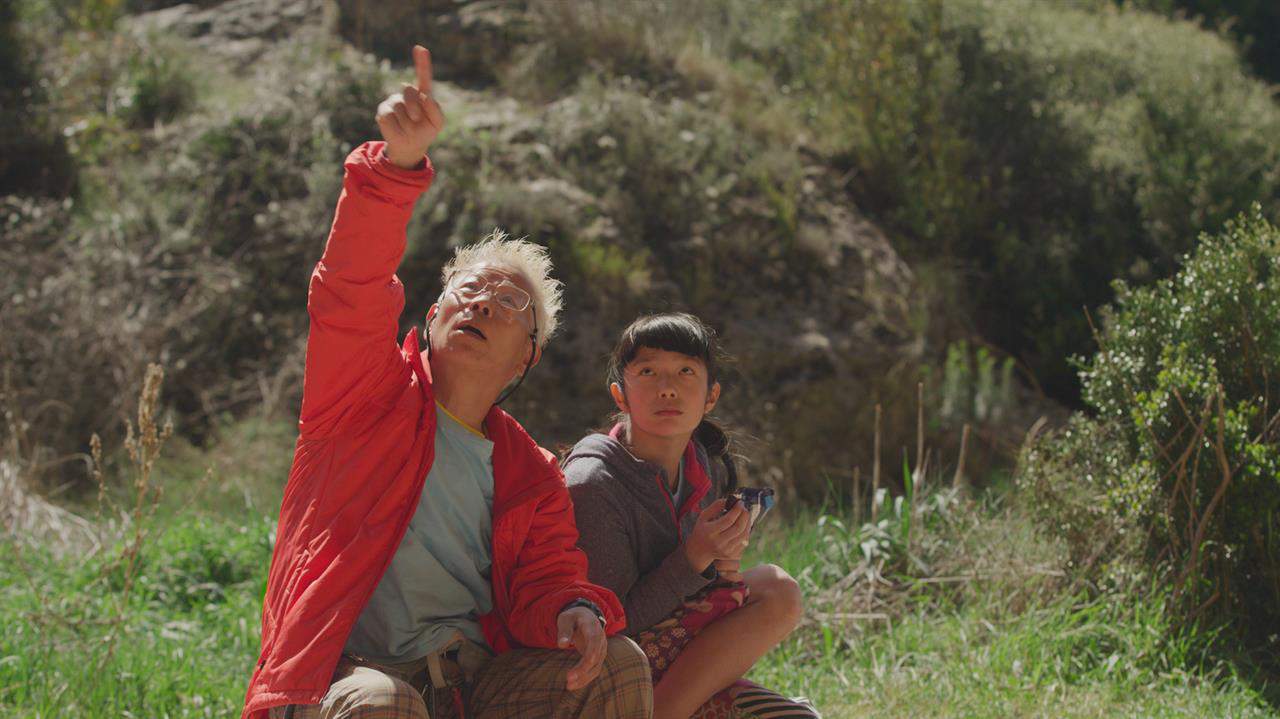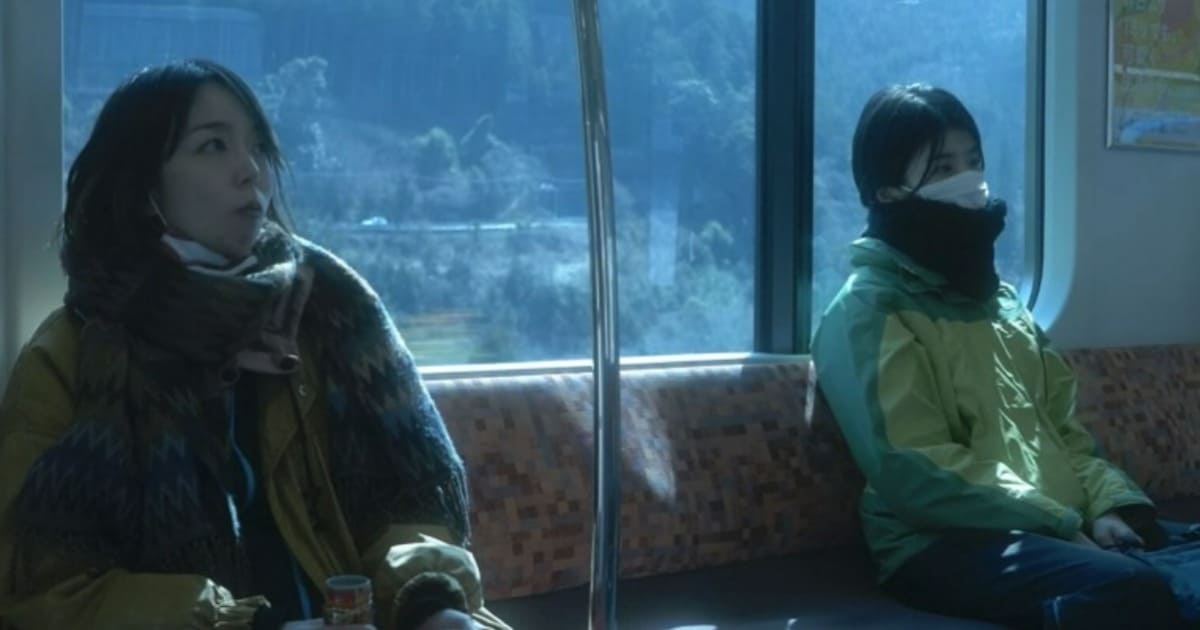1st Gangneung International Film Festival, Festival Report by Jean-Marc Thérouanne
Gangneung, a Town of Culture, Sports, and Tourism
The 1st edition of the Gangneung International Film Festival (GIFF) took place 8 – 14 November 2019, in Gangneung, South Korea. The town itself spreads in the area of the size of Paris with only 220 000 inhabitants.
Gangneung is a seaside town at the Japanese Sea, in the Gangwon Province, and boasts with long beautiful beaches covered in white sand, bordered by pine woods of Jeongdongjin. It is an economic centre of the mountain region of Yeongdong (highest peak 1 563m).
Not far from the seaside, there is a large lake, creating a narrow strip of land with hotels welcoming summer beachgoers and festival-goers of the many cultural events or sports of this dynamic city.
Gangneung IFF, a Film Festival Dedicated to Literary Adaptations
Gangneung is the hometown of literati, such as:
writer Sin Saimdang (1504-1551), neo-Confucianism philosopher Yi I (1536-1584), poetess and painter Heo Nanseolheon (1563-1589), scholar Heo Gyun (1569-1618), author of the legend of Hong Gildong, novel writer Lee Son-won (1957-), novelist Kim Miwol (1977-).
That is also the reason why the province governor Choi Moon-soon, the mayor of the city Kim Han-geun, the chief director of the festival, Kim Dong-ho, known for his extraordinary dynamism, his faith in film, his charisma (he is, among others, the founder of the prestigious Busan International Film Festival, but also one of the co-founders of Netpac (Network for the Promotion of Asian Cinema), and the deputy director of festival, Ahn Seong-ki, recognized Korean actor with roles in more than seventy films, wanted to build this new film festival as specialized in the adaptation of literary works to the cinema.
Cinema & Literature
The section Cinema & Literature consisted of several sub-sections or heads. The first one, Korea Literary Film Special was dedicated to five Korean Classics based on literary works: “Mother and the Guest” and “Evergreen Tree” by Shin Sang-ok, film director who had been kidnapped by the North Korean secret service, “Mist” by Kim Soo-yong, “The Road to Sampo” by Lee Man-hee, and extraordinary piece “Rainy Days” by Yu Hyun-mok.
The second sub-section entitled Women Write, Films Remember composed of “An Angel at My Table” by the great Jane Campion, beautiful “Golden Era” by recognized Hong Kong director Ann Hui, “Banished” by an Indian director Churni Ganguly. Consequently, as apparent counterparts adding the male energy, the two films directed by male directors, “A Quiet Passion” by an English filmmaker Terence Davies and “The Quilt” by Rahat Kasmi.
The third sub-section named Expanded: Dylanesque attempts to analyze the relation between cinema and literature. Its core are three films about or inspired by the work and persona of singer, poet and Nobel Price awardee Bob Dylan, and includes “I'm Not There” by Todd Haynes.
Masters & Newcomers

A special section within Masters & Newcomers pays homage to the recently departed Korean writer Choi In-ho. Tribute: Choi In-ho screens seven films by Korean directors, including “The Flower on the Equator”, “Whale Hunting” and “Stairways of Heaven” by Bae Chang-ho.
Another tribute section is dedicated to the Japanese director Hirokazu Kore-eda. From his works inspired or based on literal titles the festival selected “Maborosi”, “After Life”, “Still Walking”, “I Wish” “Like Father, Like Son”, “Our Little Sister”, and “Shoplifters” awarded the Palme d'Or Cannes 2018. Moreover, Hirokazu Kore-eda presented the films and gave a master class.
Links between the Festival and France have been established through ACID. Ten films presented at Festival de Cannes within the platform ACID made part of the Festival's program, including deeply moving “Last Laugh” by the Chinese director Zhang Tao. It presents the story of the director's grandmother, her love for the six children, as well as the psychological and physical abuse she faced from her family, especially her daughters-in-law.
Nor “Bad Bad Winter” by the young Kazakh director Olga Korotko would leave you indifferent either. On the side of the trivial events that turn into drama, the film offers a portrayal of the corruption of the country since the fall of the Berlin Wall that put an end to the Soviet era. If the film proves the director's sense for an ellipse, the Q&A with the director proved her vigor. The strength of the film lies in the scarce and well-timed use of words, the efficiency of the directing, as well as the refusal to resort to expressive music or underestimate the power of the image.
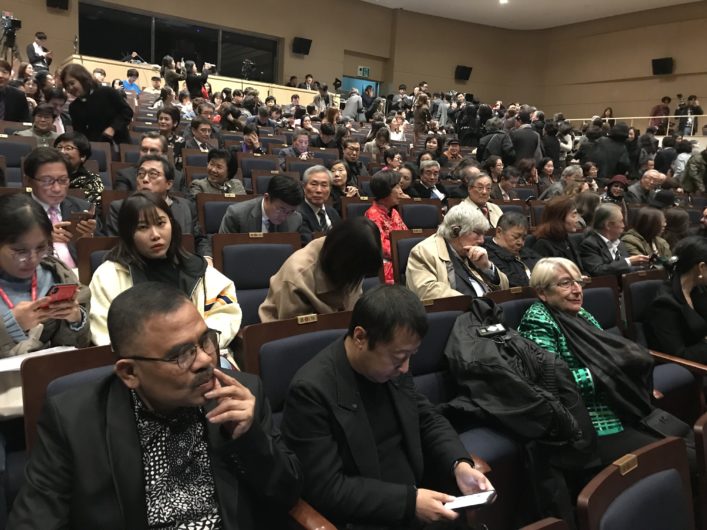
Rediscovering the Treasures of the World Cinema
Eight classics were presented in the section Classic GIFF – Re:Discover. The programmers included “L'Argent de Juda” by one of the founders of the Swedish cinema Victor Sjöström, the cult “Apocalypse Now: Final Cut” by Francis Ford Coppola, and two films by the Korean director unknown to the western public Lim Soon-rye – “Walking in the Rain” and “Waikiki Brothers”; it was Fribourg International Film Festival that tried to introduce Lim in Europe in 1997.
It is with great pleasure to state that GIFF allowed us to watch again “One Sings, The Other Doesn't” by the late Agnès Varda. Over the years 1962 till 1977, the film traces the fate of two young women, their friendship, aspirations, the stroke of bad luck, obstacles on their way to happiness set by the social constraints, or their struggle of improving the social status of women by means of the control of becoming a mother.
Yet, more than the right and access to contraception and abortion, it would be more precise to talk about the right of voluntary motherhood within the wider concept of the fulfillment of the right to the pleasure of being a woman.

“One Sings, The Other Doesn't” reconstructs, with great accuracy, an entire era. Speaking of those who have not lived the times – despite not that long ago – it could be interesting to learn how they feel about the film. It would be even more interesting to see the reception by the Korean audience today, the audience that isn't familiar with the crucial moments of French history.
Homage to Pierre Rissient
Among the films of the Masters & Newcomers section was “Five and the Skin” by Pierre Rissient, cinephile and a true memoir of the world cinema. The departure of this discoverer and defender of the talents of the global cinema, Asian cinema included, left more than one filmmaker-orphan.
One year after the departure of Pierre Rissient, many acclaimed Asian filmmakers are present to pay him homage. Rissient might have been only a little known to the general public, but he has given a lot to the film industry. Those who knew him can talk about his immense knowledge, his passions, his anger of Homeric proportions which could only be equaled by his selflessness in defending a just cause.
Among the many testimonies, one of the most moving was the by Christine Hakim, great dame of the Indonesian cinema (“Leaf on a Pillow”). The address by Lee Chang-dong (“Poetry”, “Burning”) too left a very strong impression, as did the sensible and gentle speech by Pierre Rissient's assistant Benjamin Illos.
Forum of Festivals' Directors
One of the highlights of the 1st edition of GIFF is the Forum of the Festivals' Directors. It included about fifteen directors of film festivals either as the speakers or as the observers.
From the most noticeable addresses let us mention the bright and visionary one by Wilfred Wong, director of Hong Kong International Film Festival, as well as the addresses by the new director of Tokyo International Film Festival Hisamatsu Takeo, director of the Vesoul International Festival of Asian Cinemas whose field of expertise intersecting with that of Kirill Rozlogov, program director of the long-running Moscow International Film Festival, or the addresses by the other directors taking part in the Forum (to name a few: Garin Nugroho, founder of Jogja-NETPAC Asian Film Festival, Lorna Tee, director of International Film Festival & Awards Macao, Samuel Jamier, executive director of New York Asian Film Festival, Felippe Aljure, artistic director of Cartagena International Film Festival, Joanne Goh, chairman of Malaysia International Film Festival, Maeda Shu, director of Fukuoka International Film Festival).
The large audience of some 200 included some outstanding personas like Jay Jeon, current director of Busan International Film Festival, one of the five world's most important film festivals, the other being Festival de Cannes, Berlinale, Venice International Film Festival and Toronto International Film Festival, or Jia Zhang-ke, director of Pingyao International Film Festival and acclaimed film director.
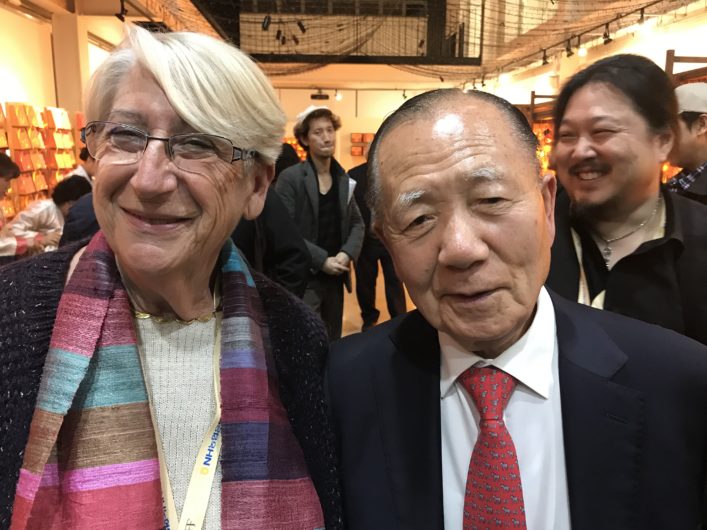
Variety of the Events
The screenings of 73 films from 30 countries took place in a total of 7 screening theaters in Gangneung Arts Center, Shinyoung Theater, and CGV.
Side of those mentioned above, the festival events included Master Class by Hirokazu Kore-eda, recital of poetry related to films. Several conferences on the topics like the relation of the Korean films and Korean literature of 1967-1968, film adaptations of works by Choi In-ho by Bae Chang-ho and Lee Jang-ho, restoration and preservation of films in Korea and issues of films destroyed during the Korean War, as well as erotica and homosexuality in the works of Jean Genet, the life cycle of the film from the stage of production until its entrance to the festival circuit. The side-bar events included a case study of book-to-film adaptation – “A History of Violence” by David Cronenberg, as well as special concerts of film music.
Summary

[Photo by Seokyong Lee]
Taking into consideration the impressive list of major filmmakers present at the opening ceremony of the Festival (e.g.Hirokazu Kore-eda, Lee Chang-dong, Gain Nugroho, Christine Hakim, Lee Myung-se, Bae Chang-ho, Im Kwon-taek, Jia Zhang-ke), the presence of the directors of international film festivals, the quality of the presented films, side events, Forum, conferences, concerts, high turnout of the audience, smooth organization of the festival, the zeal of the festival team including the volunteers, the financial and logistical support from the city of Gangneung and Gangwon Province, it is easy to state that Kim Dong-ho succeeded in setting an international film festival in the charming seaside city of Gangneung.
Yet there was one downside. That is to say, for the upcoming editions, it is necessary to have the catalog, website, Korean classics systematically translated into English. That is a sine qua non for GIFF to become a fully international film festival.


